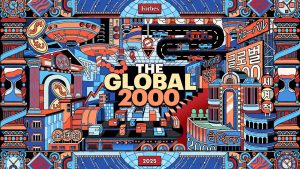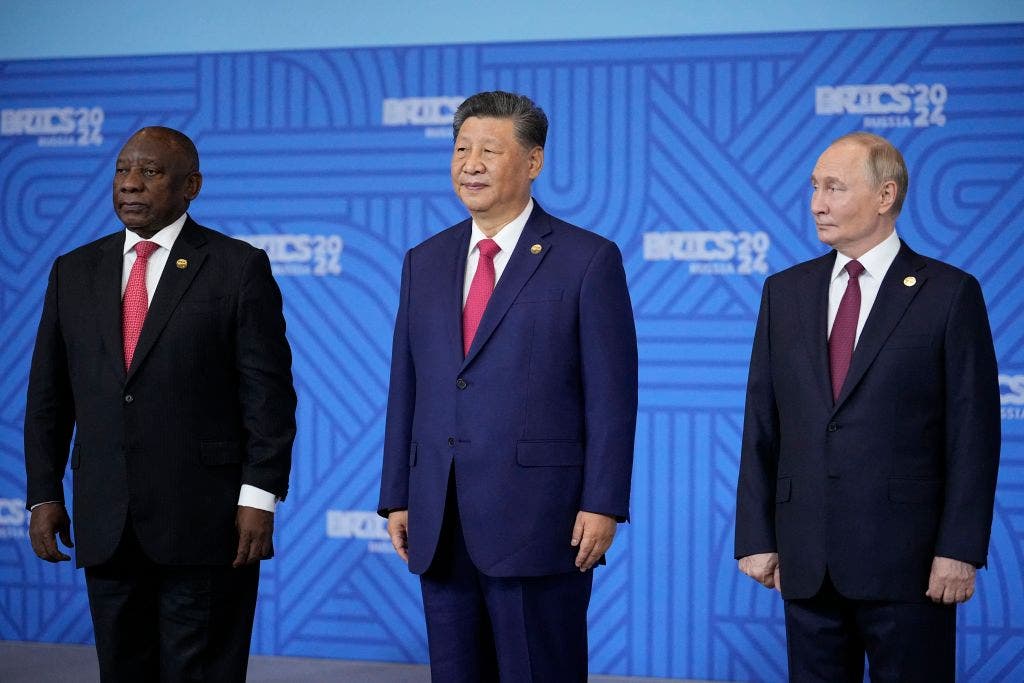The re-emergence of Donald Trump onto the political stage has cast a long shadow over South Africa’s trade relationship with the United States, particularly concerning the African Growth and Opportunity Act (AGOA). Key Republicans are urging the incoming Trump administration to leverage AGOA, which grants duty-free access to the U.S. market for eligible African countries, as a tool to pressure South Africa into aligning its foreign policy more closely with American interests. South Africa’s stance on Russia’s invasion of Ukraine, its burgeoning relationship with China, its alleged ties with Iran, and its criticisms of Israel have placed it squarely in the crosshairs of Republican scrutiny. The potential loss of AGOA benefits, which facilitate the export of crucial South African products like automobiles and citrus fruits to the U.S., poses a significant threat to the nation’s economy and could lead to the loss of tens of thousands of jobs.
At the heart of the Republican concern lies South Africa’s perceived alignment with U.S. adversaries. The nation’s participation in joint military exercises with Russia, its refusal to condemn the invasion of Ukraine, and the ANC’s engagement with Hamas have raised red flags within Republican circles. Furthermore, South Africa’s close economic ties with China, a major geopolitical rival of the U.S., and accusations of links with Iran, a nation designated as a state sponsor of terrorism by the U.S., have further fueled Republican anxieties. These actions, coupled with South Africa’s accusations of genocide against Israel at the International Court of Justice, have been interpreted as direct challenges to U.S. national security and foreign policy interests. Republicans argue that such actions violate the spirit of AGOA, which implicitly requires beneficiary countries to avoid undermining U.S. interests.
Influential Republican figures, including Senator Jim Risch, the ranking member of the Senate Foreign Relations Committee, and Senator Tim Scott, the ranking member of the Senate Foreign Relations Subcommittee on Africa, have voiced their concerns about South Africa’s foreign policy trajectory. Both senators have expressed their intention to work with the Trump administration to ensure that AGOA beneficiaries do not act against U.S. national security interests. Their positions of power within the Senate give their concerns substantial weight and increase the likelihood of concrete action being taken against South Africa.
Beyond congressional pressure, other voices within the U.S. foreign policy establishment have also raised alarms about South Africa’s actions. Richard Goldberg, a former member of the National Security Council and a senior advisor at the Foundation for Defense of Democracies, has advocated for declassifying intelligence regarding South Africa’s relationship with Iran and using diplomatic and economic pressure to compel Pretoria to choose between the U.S. and its adversaries. This hawkish stance indicates a broader sentiment within certain U.S. policy circles to take a firm stance against South Africa’s perceived transgressions.
Despite the escalating tensions, there remains a glimmer of hope for maintaining the trade relationship. Matthew Parks, Parliamentary Coordinator for COSATU, South Africa’s largest trade union federation, has expressed confidence that relations with the U.S. will endure, emphasizing the mutual benefits of AGOA for both nations. He highlighted COSATU’s extensive engagement with U.S. stakeholders, including labor unions, businesses, Congress, and various government departments, to strengthen relations and ensure AGOA’s renewal. This proactive approach suggests a willingness within South Africa to engage in constructive dialogue and potentially address some of the U.S.’s concerns.
Furthermore, Ebrahim Rassool, South Africa’s ambassador to the U.S., has adopted a more conciliatory tone, emphasizing the economic benefits of AGOA for both countries. He pointed to the year-round supply of South African oranges to the U.S. market, the affordability of South African-made BMWs compared to their German counterparts, and the supply of crucial medical isotopes from South Africa to American cancer patients. These examples underscore the interconnectedness of the two economies and the potential negative consequences of severing trade ties. However, the ultimate decision rests with the incoming Trump administration, and the conflicting pressures from within the Republican party and the potential economic ramifications will shape the future of the U.S.-South Africa trade relationship.










